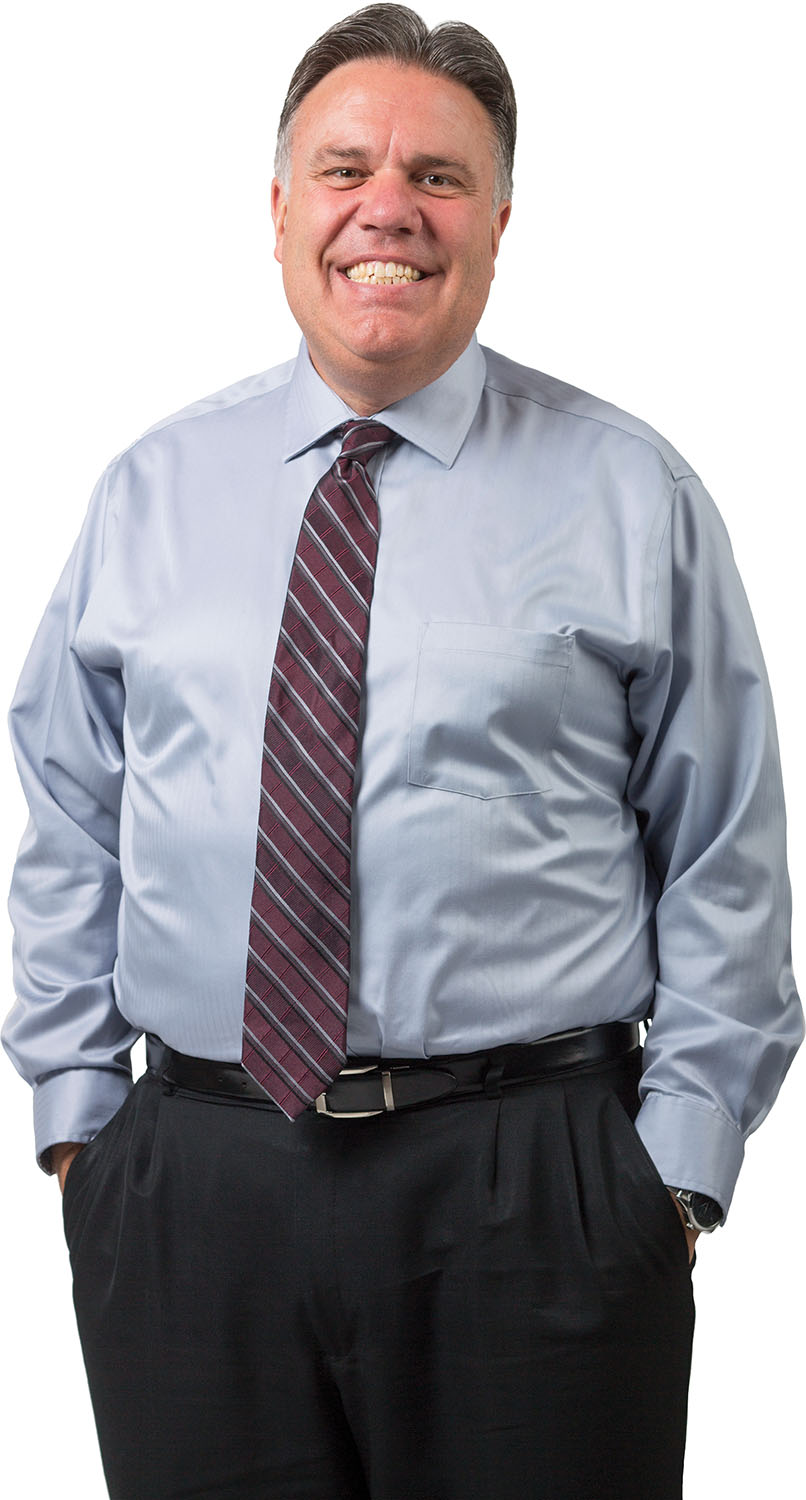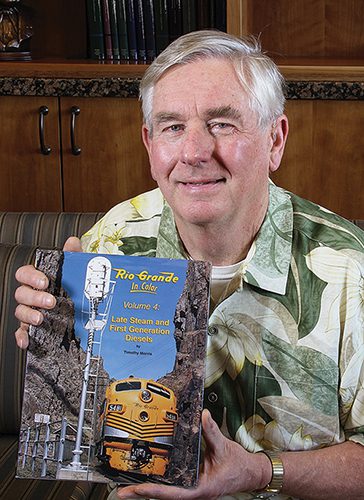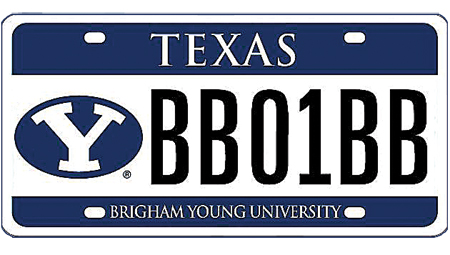RISE: Seven Questions for an Inspiring Alum

Bradley R. Wilcox (BS ’85) took an aptitude test in high school, hoping for some direction. The results? “It said I should be a priest or a rabbi,” he says. “That’s not a good option for a Mormon kid.” Later, as a BYU student, he took a similar test and saw his future: he should be a teacher. “My dad was a professor of education and my mom taught second grade for 20 years,” he says. “I kind of had education in the blood.”
Wilcox taught elementary school for three years before going back to school and eventually becoming a professor of teacher education at BYU. And though he never pursued the priest or rabbi route, he has written myriad gospel-oriented books and is an in-demand religion teacher and EFY, Women’s Conference, and Education Week speaker.
You’ve traveled the country to promote literacy: why is it so important that kids learn how to write?
Even if it’s not the way people make a living, it’s a way we make sense of and enrich our lives. Writing is thinking made visible, and I want people to be able to think more deeply about life, about God, about morality.
How can parents help their children learn to love reading?
Turn off the blasted TV and electronic games, and give them a little space and time to fall in love with books. Read to them and with them, and allow them to read by themselves.
What do you enjoy most about working with the youth?
They’re very real. If they’re bored, they’ll let you know. If they have a question, they’re going to dig until they have an answer. They’re not impressed with titles; they care about if you can help them with what they’re dealing with.
You’ve taught plenty of teens getting ready for missions: beyond testimony, what do they need to be effective?
You’ve got to be able to say hello to strangers and carry on a conversation. There are a lot of youth who are missing out on social interaction. Kids asking each other to dance via text across the room doesn’t cut it. You have to learn how to care about people and care about what they care about; then they’ll be more likely to care about what you care about.
What made you want to write and teach about the Atonement?
The Continuous Atonement came out of my time as a bishop: people would confess, feel better, then mess up again, and three times through that cycle, they’d just give up—on God, on the Church, on themselves. I wanted to teach about the Atonement and grace in a way that would help people feel hope and recognize their progress and potential instead of focusing only on their failures.
What do you wish everyone understood about the Atonement?
One of the lies of this generation is that people can’t change, but that denies the upward reach within us and the doctrine of Christ. People try to make themselves feel better by erasing God, erasing the need for or possibility of change, thinking they’ll feel better—and they never do. Instead of looking down in shame or sideways for excuses, it’s much healthier to look up and recognize that heaven’s help is going to be there however long the process takes.
You’ve been a schoolteacher, professor, writer, and speaker—ready for something new?
At this point a lot of my friends are having midlife crises because they don’t feel like they have any meaning in their lives. But as an educator, I feel a great sense of mission and meaning. So I don’t think I’m having a midlife crisis any time soon; I don’t have time for one.
web: To read or watch Wilcox’s “His Grace Is Sufficient,” one of the most-viewed offerings from BYU Speeches, visit more .byu.edu/Wilcox.









